Shrimp farming has become increasingly popular in Israel in recent years. Shrimp farming in Israel is a thriving industry that has made the country a leader in sustainable aquaculture. The country’s commitment to responsible practices, combined with its innovative use of technology and research, has enabled it to become a top producer of premium quality seafood. Shrimp farming has been growing rapidly in recent years, as it provides an income for many people in the area and produces a significant amount of seafood for local markets.
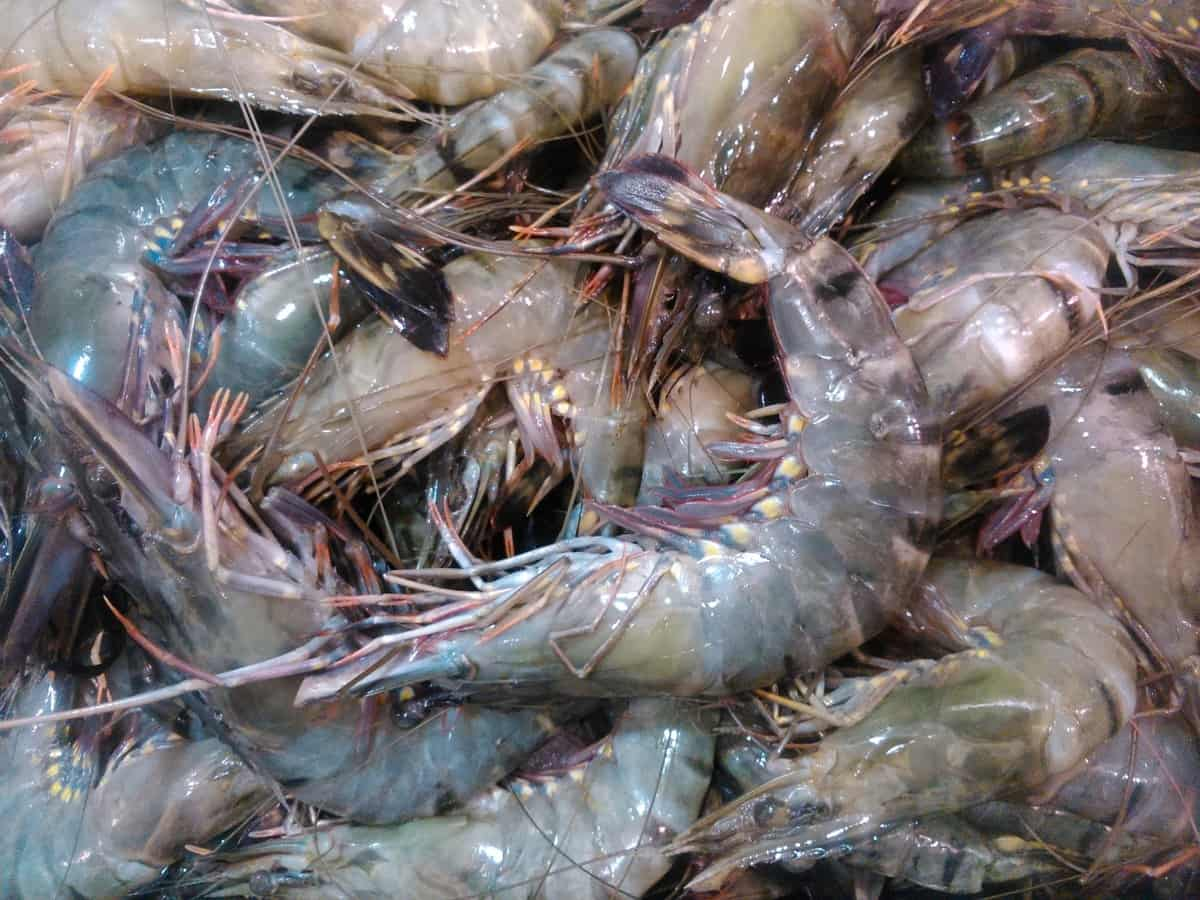
How to start shrimp farming in Israel
What is shrimp farming?
Shrimp farming is an aquaculture method involving raising shrimp in captivity for human consumption. Shrimp are typically farmed in coastal areas with access to brackish or salt water, as they require these conditions to thrive. Shrimp is a popular seafood item worldwide, and shrimp farming has become a global industry. Shrimp farming can be intensive and demanding, but it can also be economically and environmentally rewarding.
Shrimp farming importance in Israel
- Shrimp farming is an important industry in Israel. The country has a long coastline and a warm climate, which are ideal conditions for shrimp farming. Today, shrimp farming is a major source of income for many Israelis. Shrimp farming employs hundreds of Israelis.
- Shrimp farming is a major source of export earnings for Israel. Third, shrimp farming helps to conserve the environment.
- Shrimp farms help to improve water quality and prevent coastal erosion. Finally, shrimp farming is an important part of the Israeli economy. Shrimp farming provides many benefits to Israel and its people. It is an important industry that should be encouraged and supported.
- Shrimp farming is an important industry in Israel. It provides a significant source of income for the country and employs many people.
- Shrimp farming is also an important source of employment in Israel. The shrimp farming industry has been growing in recent years as more and more people are becoming aware of its benefits. This growth is continuing in the future as shrimp farming becomes increasingly popular around the world.
In case you missed it: How to Start Rabbit Farming in Israel: Key Rules, Business Plan, Breeds, Cost, Profit and Management
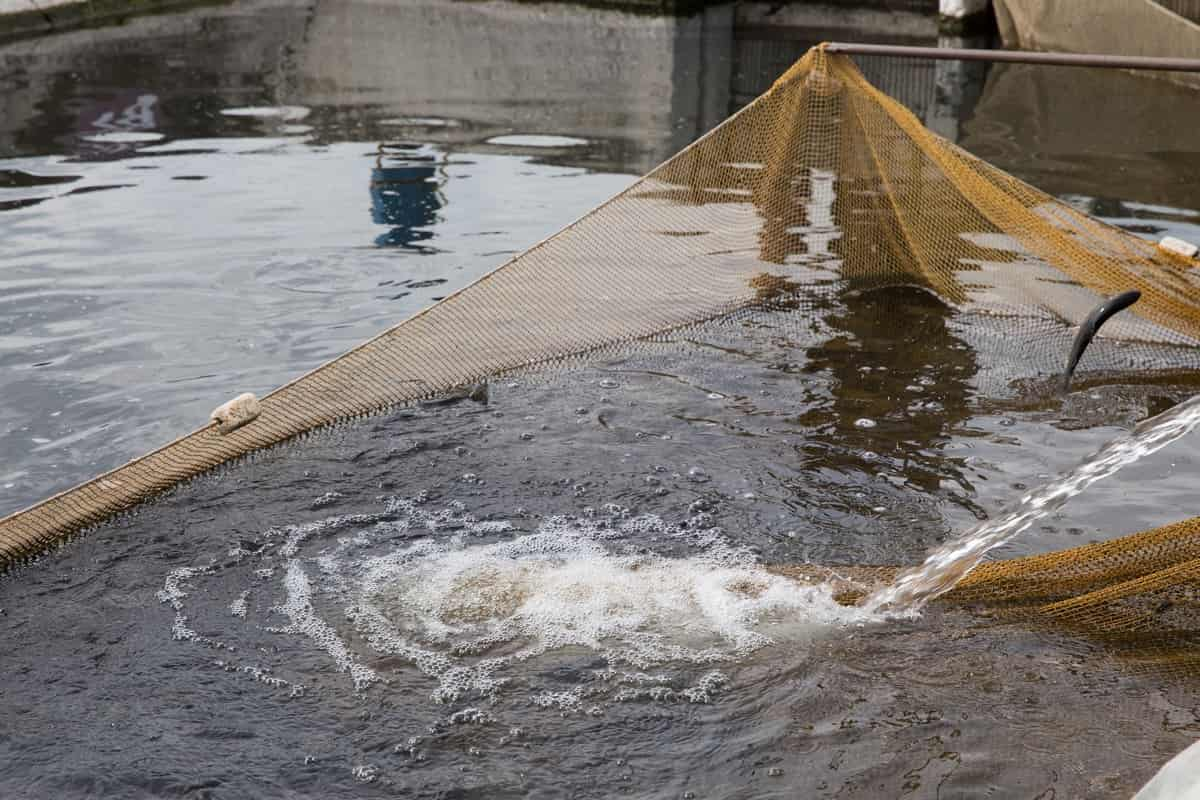
Site selection for shrimp culture in Israel
- Site selection is critical for successful shrimp farming in Israel. The country has diverse climates, from hot and humid in the south to cool and temperate in the north. Coastal areas are generally more suitable for shrimp farming, as they offer access to open water and a warm climate.
- When choosing a site for shrimp farming, farmers must consider several factors, including water quality, temperature, wave action, salinity, and bottom type. Water quality is especially important, as shrimp are very sensitive to environmental changes.
- In Israel, shrimp farming is an important industry. The country has a long coastline and a warm climate, which is ideal for shrimp farming. However, the industry is facing some challenges.
How do you start a shrimp farm in Israel?
Shrimp farming in Israel is a rapidly growing industry. Firstly, you need to obtain a license from the Ministry of Agriculture. Secondly, you need to find a suitable location for your farm. The climate in Israel is ideal for shrimp farming, and many areas with access to water can be used for this purpose. Thirdly, you need to purchase the necessary equipment and set up your farm according to the guidelines set by the Ministry of Agriculture. Finally, you must stock your farm with shrimp and care for them properly to ensure a successful harvest.
Are shrimps profitable in Israel?
Yes, shrimps are profitable in Israel. The country has a long coastline with many estuaries and lagoons, ideal for shrimp farming. Shrimp farming is a relatively new industry in Israel, but it has already become one of the most important industries in the country.
RAS shrimp farming in Israel
Israel’s shrimp farming industry has been growing rapidly in recent years, thanks to the country’s warm climate and abundant sunlight. Shrimp farms are located in both the northern and southern parts of Israel, producing various shrimp products for the local and export markets. For example, some farmers are using recirculating aquaculture systems (RAS). This system uses less water and produces fewer greenhouse gas emissions than traditional shrimp farming methods.
In case you missed it: How to Start Hydroponic Farming in Israel: Business Plan, Key Rules, Start-up Cost, and Profit
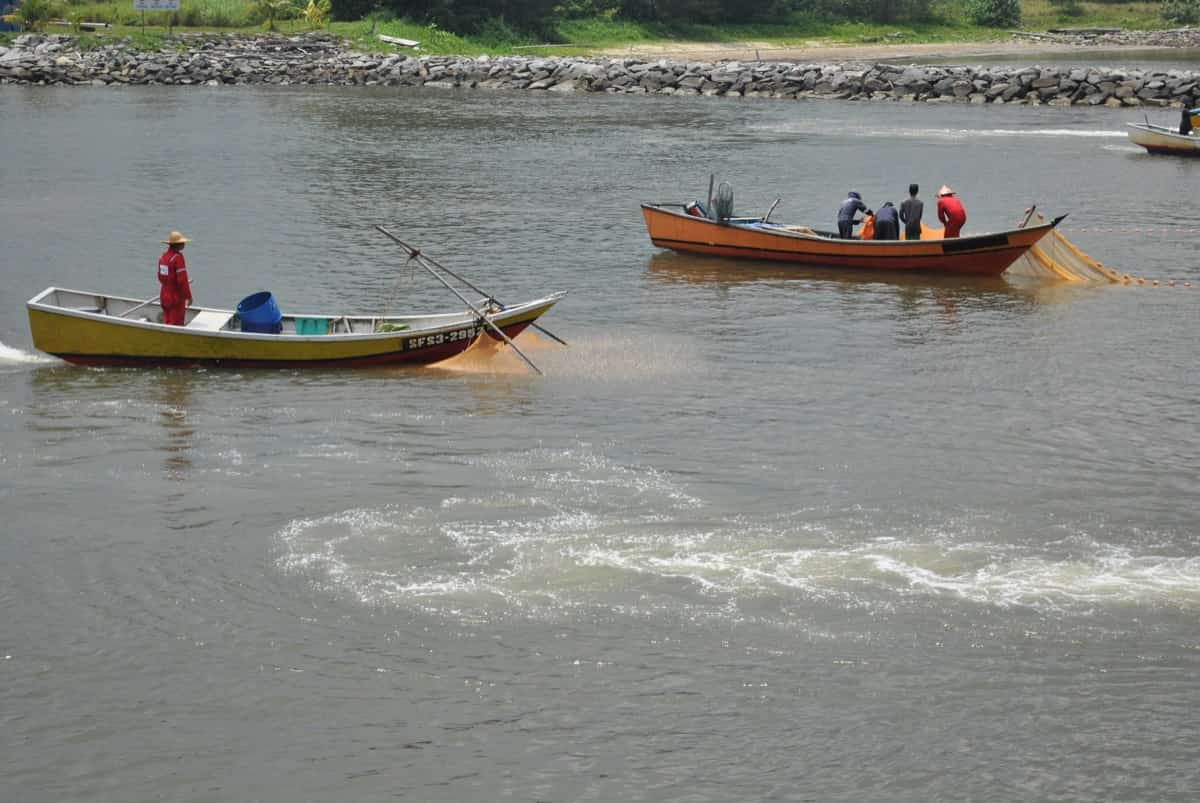
Shrimp farming business plan in Israel
- Research the shrimp farming industry in Israel. This includes understanding the industry, the main players, and the shrimp farming process. Research the industry and talk to other farmers to understand what’s involved.
- Find a suitable location for your farm – it should be near water and have good access to infrastructure.
- Obtain the necessary permits and licenses from the Israeli government.
- Develop a business plan for your shrimp farm. This should include your financial projections, marketing strategy, and operational plan. This should include financial projections for your farm and a marketing plan.
- Obtain the necessary permits and licenses from the relevant authorities in Israel. Familiarize yourself with the business and the industry. There is a lot to learn about shrimp farming, from the biology of shrimp to the technical aspects of operating a farm. You will also need to understand the market for shrimp, including pricing and demand trends.
- Choose a location for your farm. Shrimp farms can be located near coastal areas or inland, depending on water availability and other factors such as climate and land cost.
- Build or lease appropriate facilities. For example, shrimp farms typically include ponds, filtration systems, and buildings for housing staff and equipment.
- Obtain necessary permits and licenses. Depending on your location, you may need approval from local, state/provincial, or national authorities before you can begin the construction or operation of your shrimp farm.
- Source your shrimp stock, which can be done from another shrimp farm or hatchery. Be sure to purchase healthy, disease-free shrimp.
- Harvest your mature shrimp when ready and sell them to wholesalers, retailers, or consumers.
Shrimp species in Israel
Several shrimp species are farmed in Israel, including the Pacific white shrimp, Typhlocaris galilea, the giant tiger shrimp, and the Asian brown shrimp.
Key rules for starting shrimp farming in Israel
- Make sure to obtain all the necessary licenses and permits before starting your farm. This includes both environmental and agricultural licenses.
- Shrimp farming is an intensive form of agriculture, so it is important to have a good water supply. Make sure to source your water from a reliable source and test it regularly for quality.
- Shrimp are very sensitive to environmental changes, so it is important to maintain strict biosecurity measures on your farm. This includes ensuring visitors wash their hands and wear clean clothes before entering shrimp ponds.
- The quality of the shrimp feed is very important for the health of the shrimp. Make sure to use a high-quality feed that is specifically designed for shrimp.
- Regular monitoring of the shrimp ponds is essential to spot any problems early on. This includes checking the water quality, temperature, and pH levels daily.
In case you missed it: How to Start Sheep Farming in Israel: Business Plan, Key Rules, Breeds, Cost, Profit, and Management
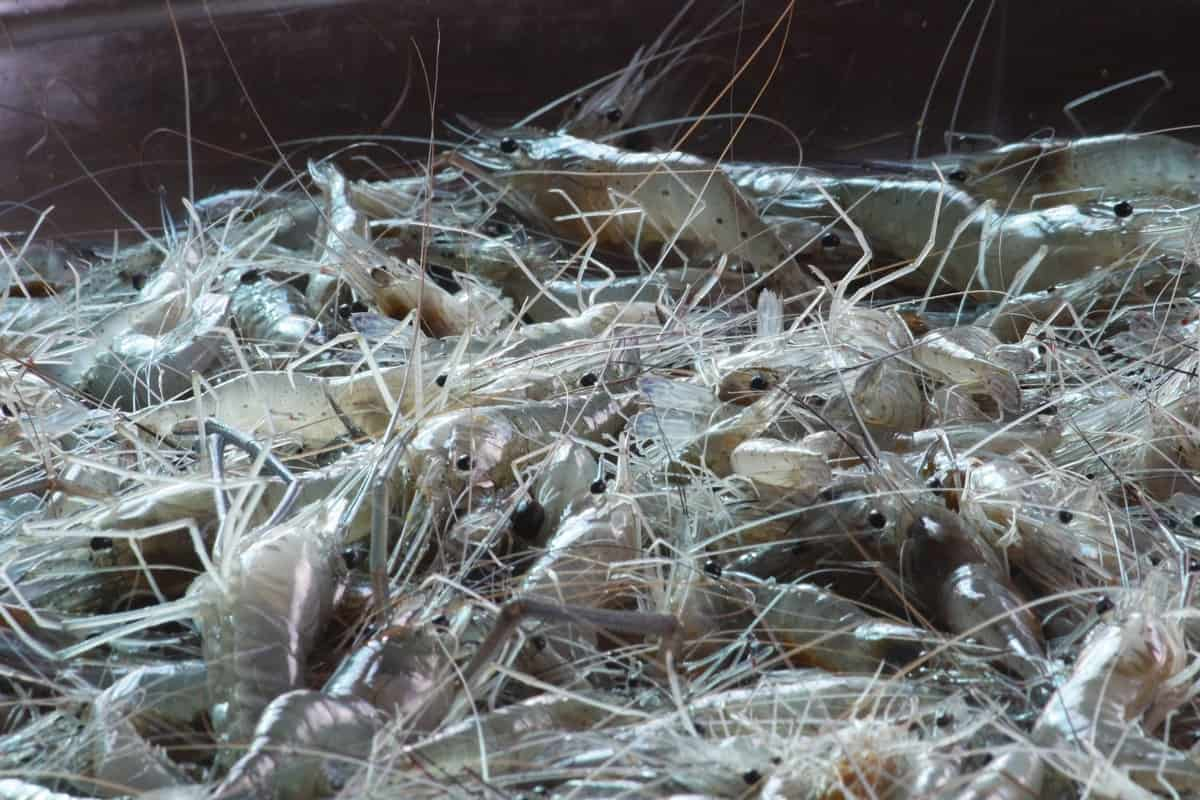
Pond design for shrimp farming in Israel
Shrimp farming is a lucrative and increasingly popular business venture in Israel. Along with the proper equipment and infrastructure, a well-designed pond is essential for successful shrimp farming.
- The shrimp pond should be located in an area with good water quality and relatively stable weather patterns.
- The size of the pond will vary depending on the desired production level. A larger pond will require a more initial investment but can yield greater profits.
- The pond should be deep enough for adequate water circulation and aeration. Shrimp require oxygen-rich water to survive.
- Careful management of water quality is essential for successful shrimp farming. Ammonia and other pollutants can build up quickly in enclosed systems like ponds, so regular water testing and filtration are necessary to maintain optimal conditions.
Feeding importance for sheep farming in Israel
- Feeding is an important aspect of shrimp farming, and farmers employ several different feeding strategies. One common strategy is to use formulated feeds that contain all the necessary nutrients for the shrimp. These feeds are typically made from various ingredients, including fish meal, soybean meal, wheat flour, and others.
- Another common strategy is to supplement formulated with natural food sources such as algae and zooplankton. This can be done either by culture or by capture from the wild. A third strategy uses a combination of formulated feeds and natural food sources.
- The type of feed used will depend on several factors, including the shrimp’s growth stage, water temperature, and others. Therefore, it is important to consult a knowledgeable person when deciding on a feeding strategy for your shrimp farm.
Shrimp farming problems in Israel
Several problems in recent years have plagued shrimp farming in Israel. One significant problem is the outbreak of white spot disease, which has devastated farms and led to the death of millions of shrimp. Other problems include pollution from farming operations, as well as the high cost of production. In response to these problems, the Israeli government has implemented several measures to try and improve the situation. These include increasing monitoring and inspection of farms and providing financial assistance to farmers.
In case you missed it: How to Start Greenhouse Farming in Israel: Business Plan, Key Rules, Cost, Profit, and Management

Shrimp farming methods in Israel
Pond-based shrimp farming is the most common method, accounting for around 80% of production. This method raises shrimp in man-made ponds, typically around 0.5 hectares in size. The ponds are filled with seawater, and the shrimp are stocked at a density of around 15 per square meter. The shrimp are fed a diet of pellets and other organic matter, and the pond water is regularly aerated to keep dissolved oxygen levels high. Cage-based shrimp farming is the second most common method, accounting for around 20% of production.
In this method, shrimp are raised in cages suspended in open seawater. The cages are typically around 2 meters square and have a mesh size of around 10 centimeters. The stocking density is typically much higher than pond-based systems, at around 60 per square meter. Cage-based systems rely on the surrounding seawater for food and dissolved oxygen, so regular monitoring and water exchange are essential.
Shrimp farming loans and subsidies in Israel
In Israel, the government provides several loans and subsidies to shrimp farmers to help them get started in the industry. These loans and subsidies can be used for various purposes, including purchasing land, constructing ponds, and buying equipment. The government also provides training programs for shrimp farmers, covering pond construction, water quality management, and shrimp health. In addition, the government offers several financial incentives to encourage shrimp farming in Israel, including tax breaks and duty-free imports of certain shrimp farming equipment.
Shrimp farming set up cost in Israel
The average setup cost for shrimp farming in Israel is between $30,000 and $50,000. This includes the cost of the land, the ponds, the equipment, and the start-up stock of shrimp. The main costs are for the land and the ponds. The land needs to be close to a water source and have good drainage.
The ponds must be big enough to hold the shrimp and have a good filtration system. A shrimp farm can be highly profitable with proper care and management. If you are thinking about setting up your shrimp farm in Israel, be sure to do your research and consult with experts in the field to get started on the right foot.
The challenges of shrimp farming
Shrimp farming is an environmentally demanding undertaking. Farmers must carefully monitor and adjust water temperature, salinity, and dissolved oxygen levels to maintain shrimp populations. They must also manage the impact of predators, parasites, and pathogens. Water quality is critical to shrimp farming. Shrimp are sensitive to changes in water temperature, salinity, and dissolved oxygen levels. Therefore, farmers must constantly monitor these parameters and adjust as needed to maintain optimal conditions.
In case you missed it: How to Start Fish farming in Israel: Business Plan, Key Rules, Cost, Profit, and Management
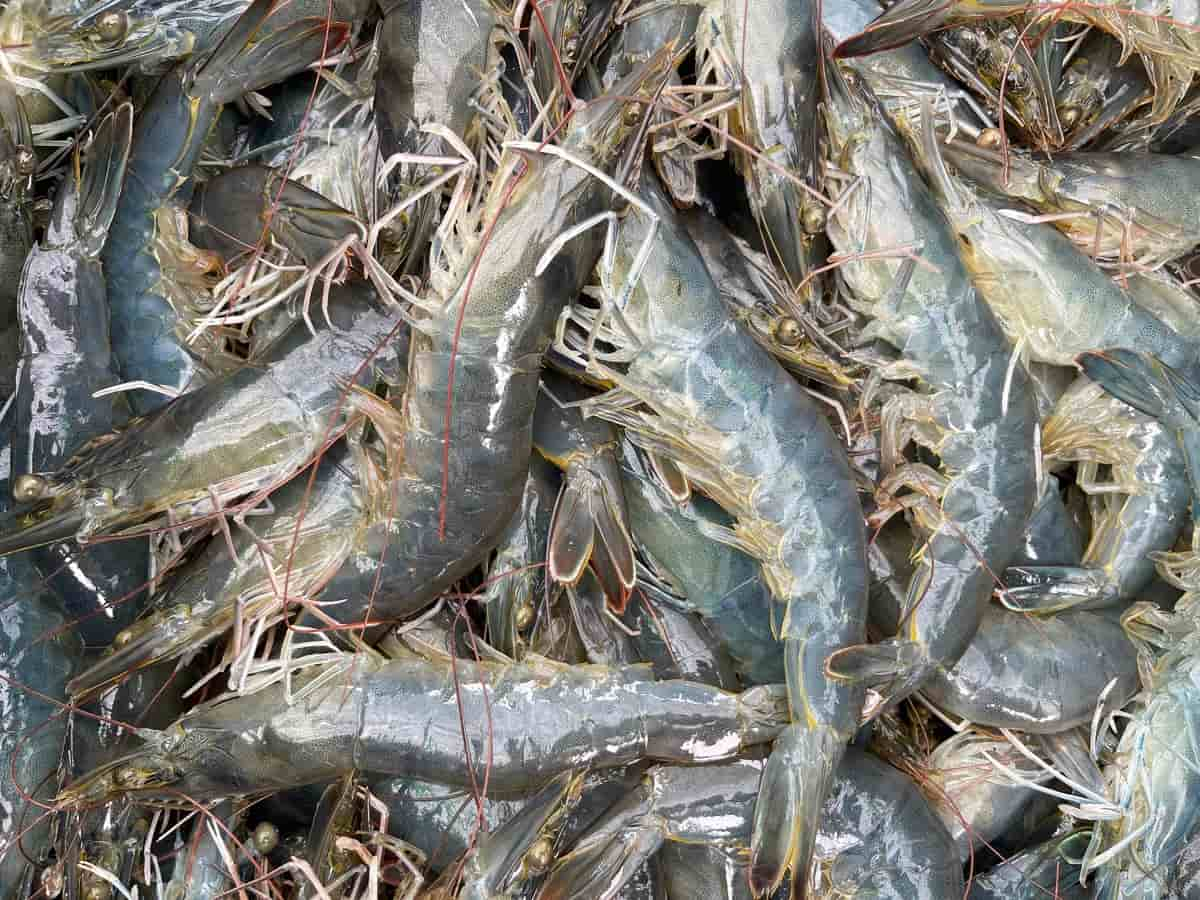
In addition to maintaining water quality, farmers must also deal with the threat of predators, parasites, and pathogens. Predators can include fish, crabs, and birds. Parasites can infest shrimp populations and cause disease. Pathogens can contaminate ponds and lead to mass die-offs of shrimp. To address these challenges, shrimp farmers must be diligent in their management practices. They must constantly monitor conditions and take corrective action when necessary. This level of vigilance is essential for successful shrimp farming operations.
Conclusion
Today, shrimp farming is an important part of Israel’s economy, with the country being one of the world’s leading producers of farmed shrimp. Shrimp farming occurs in fresh and saltwater environments, with farmers using various methods to ensure their shrimp is healthy and productive. With a commitment to quality and innovation, Israeli shrimp farmers continue to produce some of the best seafood in the world.
- Modern Sheep Farming Technology: The Future of Sheep Husbandry
- Goat Farming Technology: The Future of Goat Husbandry
- How to Build a Low-budget Goat Shed: Cheap Ideas and Tips
- Goat Farming Training Programs in India: A Beginner’s Guide
- Types of Pesticides Used in Agriculture: A Beginner’s Guide
- Economical Aquaculture: A Guide to Low-Budget Fish Farming
- 15 Common Planting Errors That Can Doom Your Fruit Trees
- How to Make Houseplants Bushy: Effective Tips and Ideas
- Innovative Strategies for Boosting Coconut Pollination and Yield
- Pollination Strategies for Maximum Pumpkin Yield
- The Complete Guide to Chicken Fattening: Strategies for Maximum Growth
- Natural Solutions for Tulip Problems: 100% Effective Remedies for Leaf and Bulb-Related Issues
- Revolutionizing Citrus Preservation: Towards a Healthier, Greener Future
- Natural Solutions for Peony Leaf and Flower Problems: 100% Effective Remedies
- Maximizing Profits with Avocado Contract Farming in India: A Comprehensive Guide
- Natural Solutions for Hydrangea Problems: 100% Effective Remedies for Leaf and Flowers
- The Ultimate Guide to Choosing the Perfect Foliage Friend: Bringing Life Indoors
- From Sunlight to Sustainability: 15 Ways to Use Solar Technology in Agriculture
- The Ultimate Guide to Dong Tao Chicken: Exploring from History to Raising
- The Eco-Friendly Makeover: How to Convert Your Unused Swimming Pool into a Fish Pond
- Mastering the Art of Delaware Chicken Farming: Essentials for Healthy Backyard Flocks
- 20 Best Homemade Fertilizers for Money Plant: DIY Recipes and Application Methods
- How to Craft a Comprehensive Free-Range Chicken Farming Business Plan
- Brighten Your Flock: Raising Easter Egger Chickens for Beauty and Bounty
- How to Optimize Your Poultry Egg Farm Business Plan with These Strategies
- Subsidy for Spirulina Cultivation: How Indian Government Schemes Encouraging Spirulina Farmers
- Ultimate Guide to Raising Dominique Chickens: Breeding, Feeding, Egg-Production, and Care
- Mastering the Art of Raising Jersey Giant Chickens: Care, Feeding, and More
- Ultimate Guide to Raising Legbar Chickens: Breeding, Farming Practices, Diet, Egg-Production
- How to Raise Welsummer Chickens: A Comprehensive Guide for Beginners
- How to Protect Indoor Plants in Winter: A Comprehensive Guide
- Ultimate Guide to Grow Bag Gardening: Tips, Tricks, and Planting Ideas for Urban Gardeners
- Guide to Lotus Cultivation: How to Propagate, Plant, Grow, Care, Cost, and Profit
- Agriculture Drone Subsidy Scheme: Government Kisan Subsidy, License, and How to Apply Online
- Ultimate Guide to Raising Araucana Chickens: Breed Profile, Farming Economics, Diet, and Care
- Bringing Hydroponics to Classroom: Importance, Benefits of Learning for School Students